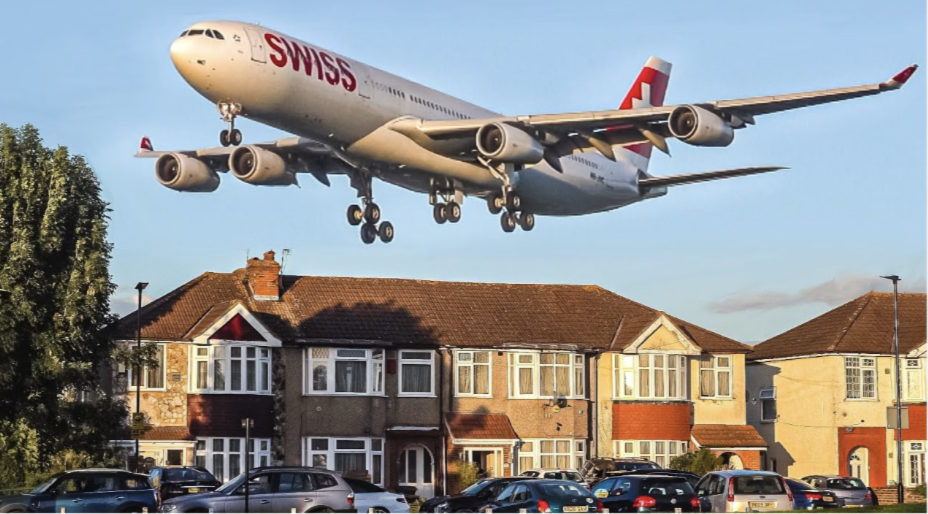Rick Moran, PJ Media:
The International Longshoreman's Association is threatening to strike on October 1 if it fails to come to an agreement with the United States Maritime Alliance, which represents port management.
A strike would shut down five of North America’s 10 busiest ports and a total of 36 ports along the East and Gulf Coasts. The impact on the economy would be almost immediate with supply chain issues similar to what happened during the pandemic.
Joe Biden says that he will not use his presidential authority to force the union back to work if it goes on strike. Given the damage that even a short strike could do to the economy, it's a mystery why Biden won't help his vice president out and force the union to keep working.
Interfering in a labor dispute is always a fraught proposition. Some speculate that Biden is upset at Harris's supporters in the Democratic leadership who forced him out of the race. Biden could still order the workers back to the docks, but he's given no sign that he will take that course of action.
Daily Wire:
The global economic turmoil wrought by a strike of this size cannot be overstated.
The ports that would be affected move nearly half of all U.S. imports, and billions of dollars in trade each month. The ripple effects on supply chains in Europe, Asia, and Latin America would also be significant.
None of this is likely good for Democrats.
Election Day is only six weeks away, and Vice President Kamala Harris is locked in a nail-biter of a presidential race against former President Donald Trump. Harris is currently leading by two points, a smaller lead than Hillary Clinton had in 2016 before losing to Trump. A strike would begin on October 1, the day of the vice presidential debate between Democrat Tim Walz and Republican Sen. JD Vance.
Moran:
A short strike of a week or less would still wreak havoc on the supply chain. And the longer it lasts, the more the strike threatens the upcoming holiday season.
"A prolonged strike could lead to weeks, or possibly months, of shipping delays and backlogs, worsened by limited rerouting options, high costs, and time constraints," Abe Eshkenazi, CEO of the Association for Supply Chain Management, told Business Insider. "The supply chain is inextricably linked, and as we enter the busiest shopping season of the year, businesses, retailers, and consumers alike will feel the impact of a stoppage."
Jim Cameron has published his own thoughts on this upcoming attraction over at Greenwich Free Press:
Remember post-COVID when store shelves were empty, construction delayed, pharmaceuticals in short supply and auto production disrupted? Online orders were delayed and prices soared.
That could happen again, affecting not only you but the rest of the world. The economic effects would measure in the billions of dollars a day. Even a one day strike would take five days to recover from. If a strike lasts a week, the cleanup would last until mid-November. If it drags on for a month, well, we don’t even want to contemplate that.
Though West Coast ports would remain open if there’s a strike (different unions), there’s no way they could handle ships diverted from the East. They just don’t have the capacity.
What kind of imports will be affected? Think food, crude oil, electronics, clothing and, yes, holiday gifts.
We went though this same thing a few years ago when the west coast union struck. Between the two unions and their fierce opposition to modernization, we have the most antiquated, expensive port handling facilities in the developed world. That’s great for their $200,000 jobs, not so good for the rest of us, so no sympathy here.












